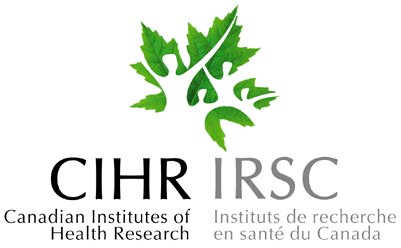TAKEHARA LAB

Physiology of Fronto-Temporal Cortcial Memory Network
Memories of daily experiences consist of complex associations of sensory stimuli, action, and outcome in a spatial context where they take place. Previous studies showed that this type of memory depends on the medial temporal and frontal cortices. What remains unknown is how cells in these regions work together to form and store the memory. We address this point by monitoring electric signals of cells in these regions while rats learn a relationship between a stimulus and an outcome. Success of this research will improve our understanding on the physiology that defines how an individual perceives the past.

Physiological Basis of Memory Impairments in Early Stage Alzheimer's Disease
The brain of the early stage of Alzheimer's disease patients is characterized by accumulation of a protein called tau in specific regions of the brain. One of these regions, called the entorhinal cortex, has shown to play an important role in memory formation and later recall. Yet, it remains unknown how accumulating tau proteins in the entorhinal cortex change the way that brains process information on memories. By recording activities of brain cells in a rat model, we will identify physiological underpinnings of memory failure in the early stage Alzheimer's disease. In doing so, this research will eventually facilitate the discovery of new drugs and treatments to ameliorate and prevent memory failure in the early stage of Alzheimer's disease.
Our research is supported by





